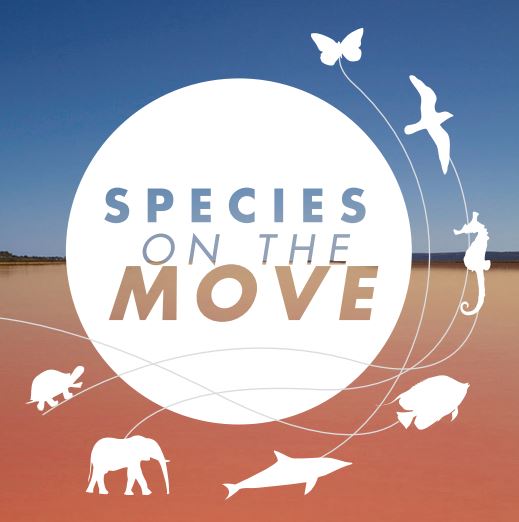
International researchers will present the latest assessment of how climate change is driving a redistribution of Earth's species when they meet in Hobart next week for a major international conference supported by the University of Tasmania and IMAS.
The Species on the Move conference is being held for the first time to evaluate changes in the distribution of plants and animals occurring throughout the world's lands and oceans, but particularly in recognised global 'hotspots', or rapidly warming regions, such as Australia's south-east and south west waters.
The Conference Co-coordinator, IMAS Associate Professor Gretta Pecl, said between 25% and 85% of marine and terrestrial species in any given area have been recorded as having moved to new environments, with climate change considered to be the primary factor in the redistribution.
"Scientists around the world are tracking animals, birds, fish and mammals to identify how and where species are already moving with climate change," Assoc Prof Pecl said.
"The conference will hear about the impacts of changes in our environment and, in the face of those changes, how we can sustainably manage natural resources such as commercial fish populations.
"Essentially, this is an evolving field of science.
"While the exact mechanisms that underpin changes in species distribution and abundance are poorly understood, the overwhelming nature of the changes - from poles to the equator and ocean depths to mountains tops – offers a rare opportunity to advance scientific theories of biogeography, evolutionary ecology and global change."
The conference has four main themes: detection, impacts, prediction and adaptation.
Over 250 scientists from 40 countries are registered to attend the conference, which was organised by Co-convenors Assoc Prof Pecl and Prof Stephen Williams from James Cook University.
More information: http://www.speciesonthemove.com